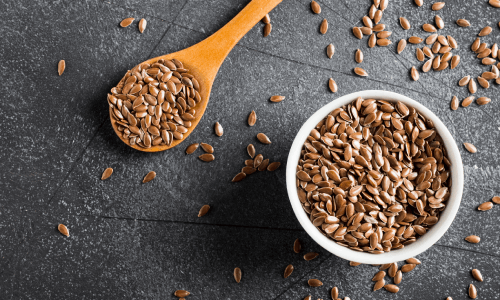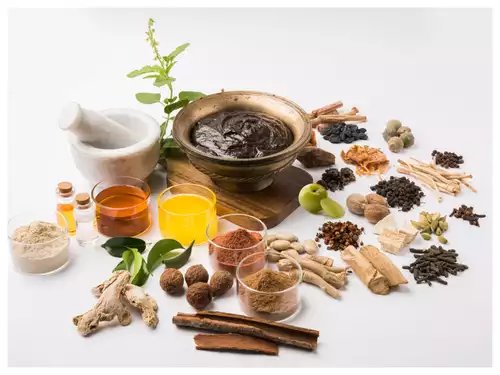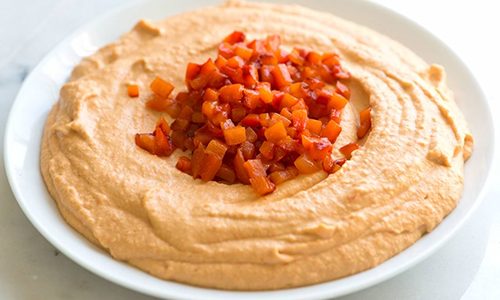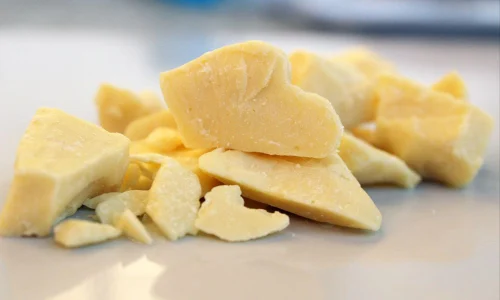The internet nowadays promotes flax seeds as one of the superfoods. Many sources claim that flax seeds are healthy and packed with nutrients. But are these tiny seeds really worth the hype? Let us see. Ayurveda’s take on flax seeds According to Ayurveda, flax seeds have a cooling property. This can disturb the balance of the digestive fire (Agni). This cooling effect can lead to digestive issues, such as bloating, gas and constipation. The oily nature of these seeds can also aggravate Kapha Dosha. This can lead to excess mucus production, congestion and sluggishness. Flax seeds may also disrupt the body’s normal hormonal balance, especially in women, according to Ayurveda. Flax seeds contain lignans, which are phytoestrogens that mimic the action of estrogen in the body. Consuming them might further imbalance hormone levels in women who already have high estrogen levels, which can result in irregular menstruation, sore breasts and other problems. Ayurveda also advises against consuming flax seeds due to their potential for toxicity. While they are generally safe for most people to consume, they contain a compound called cyanogenic glycosides, which can be converted to cyanide in the body under certain conditions. While this conversion is unlikely to occur in normal consumption, it can happen if they are improperly prepared or consumed in large amounts. In short, flax seeds are not as healthy as they seem to be. According to Ayurveda, they are cooling and oily, have detrimental effects on the Doshas, can cause hormone imbalances, detrimental effects on the mind, and potential for toxicity. Alternatively, Ayurveda advises consuming seeds like sesame, pumpkin and sunflower seeds that are better at balancing Doshas. Rather than focusing on certain foods or nutrients, Ayurveda stresses the significance of a balanced and personalized diet that takes into account each individual’s particular needs and imbalances. Therefore, instead of going by the trends, it is safe to follow a diet that best suits you. If you are struggling with any health issues, you can either book a consultation with us or send us a message via WhatsApp to +91 79074 89839. We have the best Ayurvedic doctors in Trivandrum who are always glad to help you. If you have any queries, contact us. You can also visit us at our hospital.
Are flax seeds really healthy?









